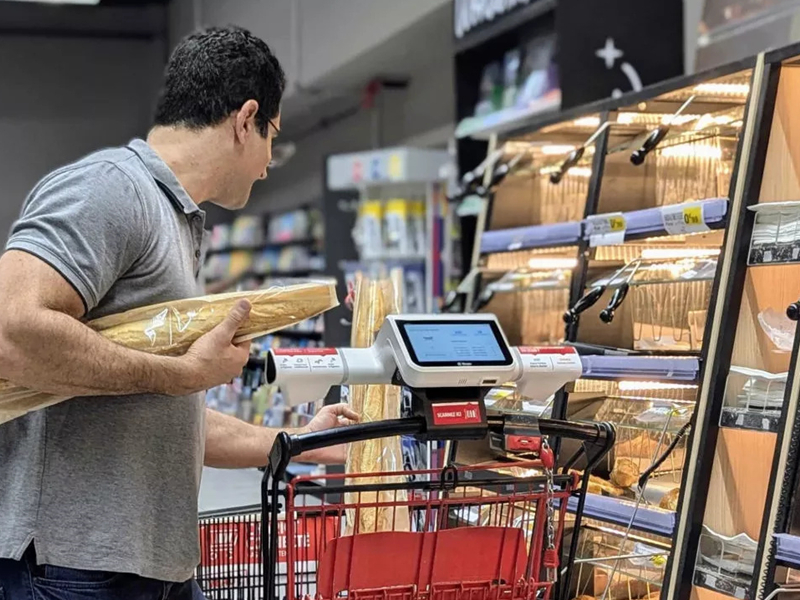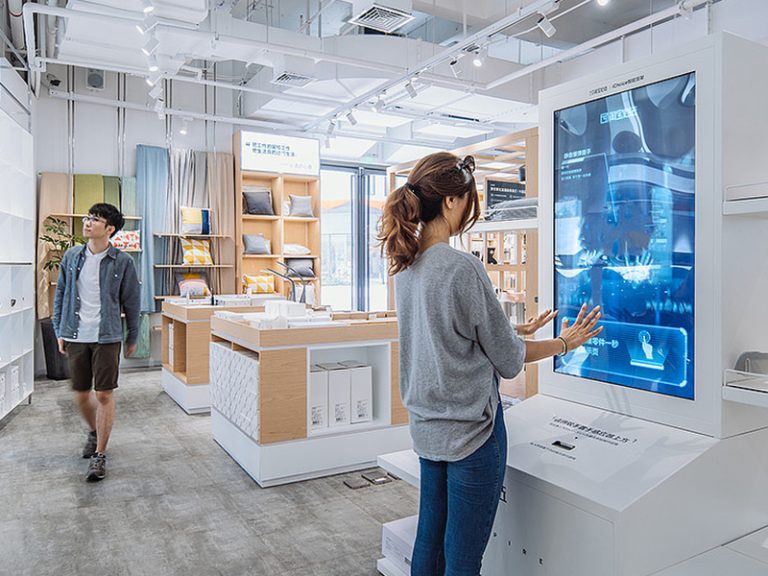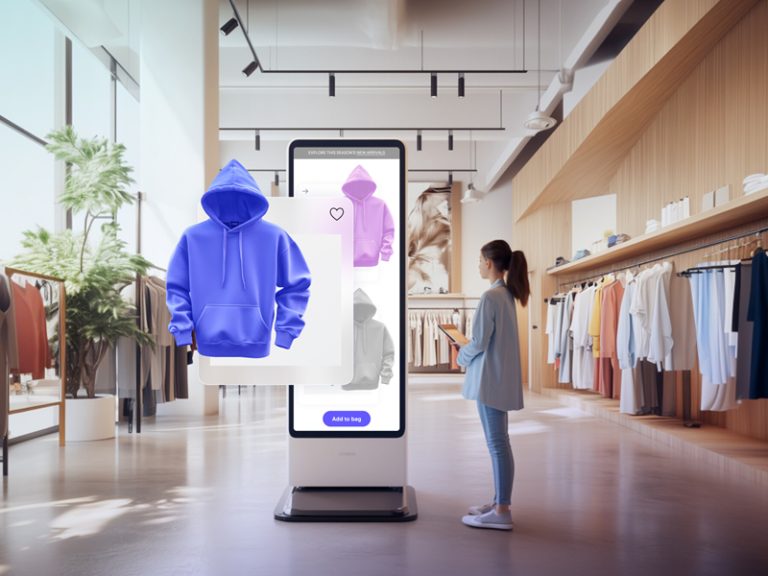
One of the primary advantages of smart carts is their ability to streamline the shopping process. Equipped with sensors and navigation systems, these carts can guide shoppers through stores, helping them find items on their shopping lists quickly. This feature is particularly beneficial in large retail environments where locating specific products can be time-consuming. By providing real-time directions, smart carts minimize frustration and enhance the overall shopping experience.
Additionally, smart carts often come with built-in scanning technology, allowing customers to scan items as they shop. This eliminates the need for traditional checkout lines, as shoppers can track their spending in real time and pay directly through the cart. This seamless checkout process not only saves time but also reduces congestion in stores, creating a more pleasant shopping atmosphere. Retailers can benefit from this efficiency as well, as it can lead to increased customer satisfaction and potentially higher sales.

Another significant feature of smart carts is their ability to personalize the shopping experience. By integrating with loyalty programs and customer accounts, these carts can offer tailored recommendations based on past purchases and preferences. For example, if a shopper frequently buys organic products, the smart cart can highlight similar items or promotions, encouraging additional purchases. This level of personalization can enhance customer loyalty and drive repeat visits to stores.
Smart carts also contribute to enhanced inventory management for retailers. With real-time data collection, businesses can track which items are frequently purchased and which are not. This information can inform restocking decisions and optimize inventory levels, reducing waste and ensuring that popular products are always available. Retailers can also analyze shopping patterns to improve store layouts and product placements, ultimately leading to increased sales.
Moreover, the integration of mobile technology into smart carts allows for a more connected shopping experience. Shoppers can receive notifications about discounts, promotions, or new arrivals directly through the cart interface. This real-time communication keeps customers engaged and informed, encouraging them to explore more products and take advantage of offers that align with their interests.
As sustainability becomes a growing concern for consumers, smart carts can also play a role in promoting eco-friendly practices. Some models are designed with energy-efficient components, and retailers can use data from smart carts to implement strategies that reduce waste and improve sustainability. For instance, tracking product sales can help retailers understand which items are in demand, allowing them to make more informed decisions about sourcing and packaging.
The future of retail is undoubtedly intertwined with technology, and smart carts are at the forefront of this evolution. By enhancing the shopping experience through convenience, personalization, and efficiency, these innovative tools are set to become a staple in stores worldwide. As consumers increasingly seek seamless and enjoyable shopping experiences, embracing smart cart technology will be crucial for retailers aiming to stay competitive in a rapidly changing market.







